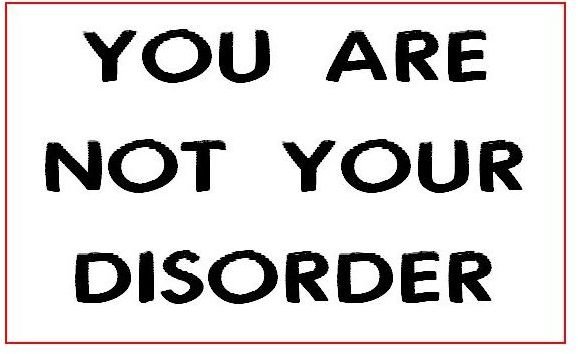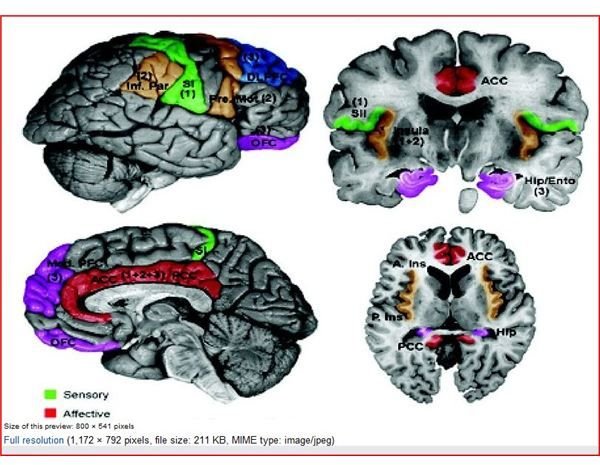Adult ADD: Fact to Help Understand This Often Misunderstood Diagnosis
Avoid the Pitfalls of Misunderstanding and Rash Judgments
Adult ADD is often a misunderstood disorder that is somewhat shrouded in myth and even a little bit of disbelief because of an erroneous stigma attached to it. Some people who don’t understand the fact that a chemical imbalance causes the disruptive and inattentive thoughts and behaviors of someone suffering from ADD might think that person is just exhibiting the unruly traits of a maladjusted character. This is certainly not the case, as no one would choose to feel constantly out of balance, bombarded with racing, disturbing thoughts, and lacking in focus to the point that simple tasks can become grueling struggles. So before you label someone with ADD as wantonly impulsive and generally irresponsible, let’s establish some facts regarding ADD lest the waters stay muddied with ignorance. But first, you might want to take a look at some of the fundamental differences between adult ADD and ADHD.
Central Characteristics of Adult ADD
The human brain, in general, is a fascinatingly complex organ that governs our thoughts and behaviors. So when you are able to step back and observe the disrupting results of the brain operating improperly due to the faulty wiring inherent in ADD, that piece of information in of itself is rather captivating. Even while in the midst of the trouble in life that a person’s ADD is causing, being able to observe it from a nonjudgmental scientific vantage point will help in effectively managing the symptoms.
With that said, perhaps one of the most important facts to understand is that adult ADD is not someone’s fault; they didn’t ask for it. You wouldn’t blame someone for getting cancer, or for being born with a deformity or disease, so never admonish someone for their ADD.
ADD is a neurobehavioral developmental disorder that causes sufferers to be forgetful, easily distracted, disorganized, overwhelmed, and emotionally unruly. If a person was never diagnosed with it as a child, that certainly doesn’t mean they can’t have it as an adult. Often times the condition goes undiagnosed in childhood and the child is mistaken for being a slacker, lacking in willpower, being irresponsible, a troublemaker, or just flighty.
For an adult who learned to somehow compensate and manage the symptoms of ADD, the increased demands of adulthood might make those same symptoms too tough to effectively contend with.
ADD is for the most part due to a chemical problem in the brain’s management system. A look at what ADHD does to the brain will explain the abnormalities in the prefrontal lobe and certain neurotransmitters that are believed to cause these deficits with attention.
Image courtesy of commons.wikimedia.org
More Important Factors to Be Cognizant About in Understanding Adult ADD
ADD affects all levels of intelligence which shatters the myth that it only occurs in people that aren’t considered smart. It isn’t caused by bad parenting or improper diet, although those factors certainly don’t help in coping with it.
A person with ADD is six times more likely to suffer from some other psychiatric or learning disorder which can cause difficulty with receiving an accurate diagnosis and the correct treatment/medication. Going over a checklist of ADD symptoms to help you decipher will help.
Adult ADD may look very different than the same condition in a child. Symptoms vary from person to person with some being more problematic than others. Boredom, being easily distracted by smells, sights, and sounds or daydreaming can be apparent. Also, having trouble listening, blurting out inappropriate off-topic comments, and overlooking details are all common in adult ADD.
The emotional difficulties apparent in adult ADD can be particularly disabling because the person can feel frustrated, inferior, easily

stressed out, irritable, hypersensitive, and have low self-esteem.
All of that can lead to significant problems in the work place and difficulty establishing, cultivating, and maintaining healthy relationships.
The final salient fact about ADD in adulthood is that it doesn’t have to hold you back; you can still lead a meaningful, successful life by working closely with a doctor to find the best adult attention deficit disorder medications to deal with your particular set of symptoms. Getting enough sleep, cultivating a support network, exercising, and eating right will all help too. You are not alone and you are not your disorder.
